Loneliness can feel almost embarrassing to admit, even to ourselves.

We don’t like to think that we’re capable of feeling isolated and disconnected, which is strange because so many of us experience. Here are some signs you may be in denial about feeling lonely, even though you shouldn’t be. Acknowledging how you’re feeling is the first step towards fixing it, after all.
1. You’re pretty much glued to your phone.
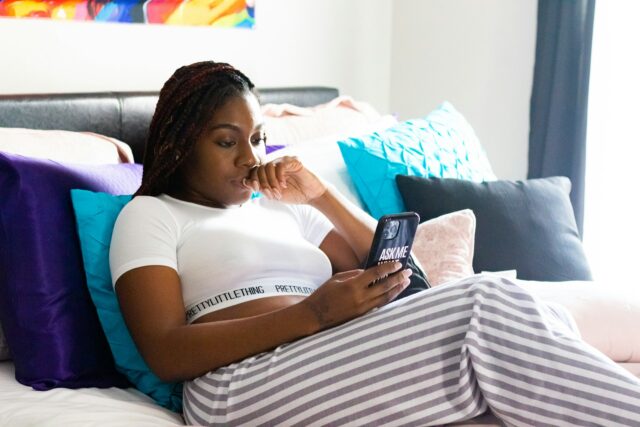 Source: Unsplash
Source: Unsplash If you’re constantly checking your phone, even when you know nothing new is coming through, it could be a way to feel less alone. Scrolling social media or refreshing your messages might give you a quick hit of connection, but it never lasts. In reality, it’s just a distraction from how disconnected you’re feeling.
2. You overshare with strangers.
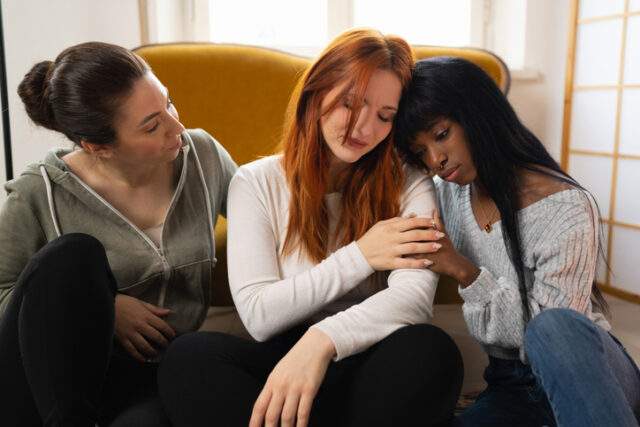
Do you ever find yourself unloading all your problems on the cashier or chatting way too much with your Uber driver? That could be a sign of loneliness creeping in. You might be craving connection so much that you’re ready to spill your life story to anyone who’ll listen—and feel a bit awkward about it later.
3. You’re always busy.

If your schedule is always packed, you might be avoiding the feeling of being alone. Filling every minute with plans or extra work can be a great distraction, but it doesn’t tackle the loneliness. You might be exhausted, but slowing down feels even scarier than staying busy.
4. You have trouble sleeping.

When loneliness hits, it can mess with your sleep. Maybe you find it hard to fall asleep, or you wake up feeling like you barely rested. Your mind might race when you’re lying in bed, making it hard to relax. And the less sleep you get, the more isolated and out of sorts you feel the next day.
5. You get overly attached in relationships.

If you start clinging to new friends or romantic partners right away, it could be because you’re lonely. You might feel anxious when you’re not with them and constantly need reassurance. This kind of intensity can actually scare people off, making things worse.
6. You avoid deep conversations.

If you keep things light and superficial, even with people you’re close to, it might be a way to avoid feeling vulnerable. You might steer clear of real talk because you don’t want to open up about how you’re truly feeling inside. It’s a way of protecting yourself, but it also keeps real connection at bay.
7. You shop online a lot.
 Source: Unsplash
Source: Unsplash Finding yourself browsing online stores when you’re bored? Excessive online shopping could be a sign that you’re trying to fill an emotional gap. The buzz of buying something new might make you feel better for a while, but it doesn’t fix the loneliness.
8. You constantly criticise people for no real reason.

If you’re picking at people or being overly judgemental, that might be your loneliness talking. You might start noticing everyone’s flaws and pushing people away without even realising it. It can feel like you’re protecting yourself, but it often just leads to more isolation.
9. You’re always binge-watching shows.
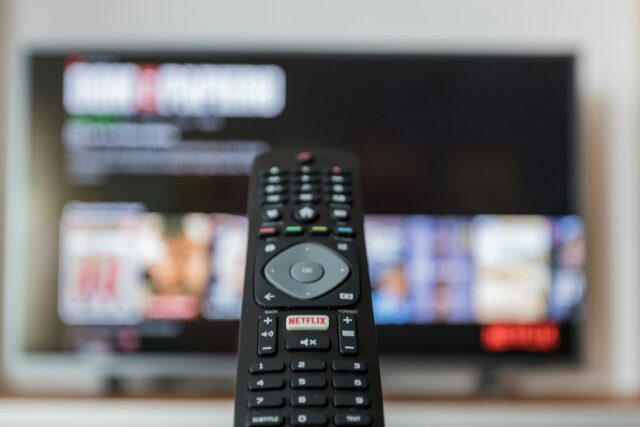 Source: Unsplash
Source: Unsplash If you’re spending hours glued to Netflix, it might be more than just enjoying a good series. You could be using TV as a way to avoid how you’re feeling. Escaping into fictional worlds can be comforting, but it can also keep you from facing your own reality and connecting with people.
10. You throw yourself into work.

Working late or bringing work home all the time can be another way to dodge loneliness. Keeping busy with projects makes you feel productive, but it can also become a distraction. When the workday ends, that feeling of emptiness might come creeping back in.
11. You’re always posting on social media.
 Source: Unsplash
Source: Unsplash If you’re constantly checking for likes or posting updates, it could be your way of reaching out for connection. Social media gives you a momentary feeling of being seen, but it doesn’t replace real human interaction. It can leave you feeling more disconnected than ever.
12. You avoid being alone.
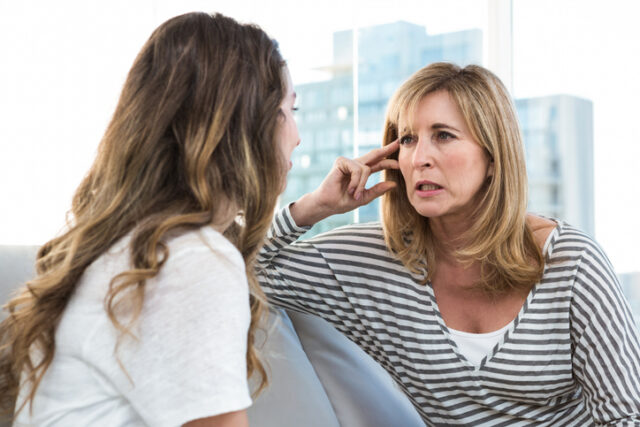
If the idea of being alone makes you uncomfortable, that might be a sign of loneliness. You might fill every spare moment with social plans or always have background noise to avoid feeling alone with your thoughts. But avoiding alone time just makes it harder to confront those feelings head-on.
13. You give advice even when no one asked.

If you’re constantly jumping in with advice, it might be because you’re trying to feel more needed or connected. While helping people can be a good thing, overdoing it could be a sign that you’re looking for validation through being the go-to problem-solver. It can also be frustrating when people don’t take your advice.
14. Your eating habits are all over the place.

Loneliness can sometimes show up in how you eat. You might be snacking more than usual or losing interest in food altogether. Whether you’re eating to comfort yourself or avoiding meals because you’re stressed, your relationship with food might be a reflection of how isolated you feel.
15. You’re always planning something.

If you’re constantly focused on the next trip or goal, it could be a way to escape the loneliness of the present. It’s great to have plans and dreams, but not if it means you’re avoiding what’s going on now. Living too much in the future can stop you from enjoying the moment.
16. You’re easily irritated.

Have you started snapping at people more than usual? Loneliness can sometimes come out as irritability. When you’re feeling disconnected, small things can start to get on your nerves more quickly, and it’s easy to take that frustration out on the people around you.
17. You’re afraid of missing out.
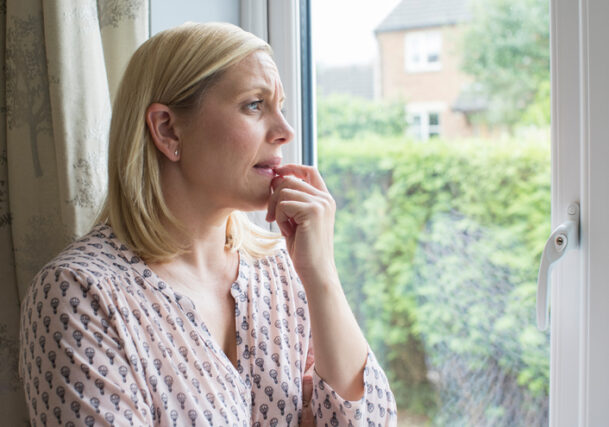
If FOMO is hitting you hard, it might be because you’re feeling left out or disconnected. Seeing people have fun without you can trigger anxiety and make you feel even more isolated. The constant fear of missing out can keep you from enjoying your own experiences.




